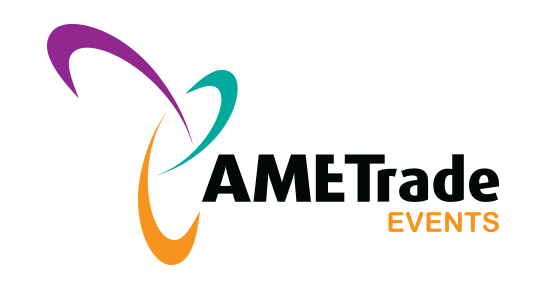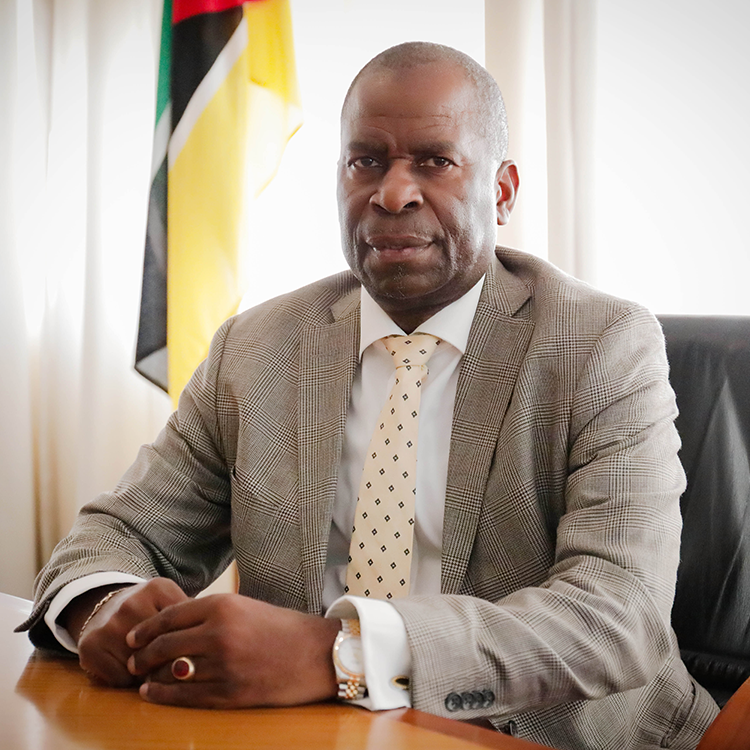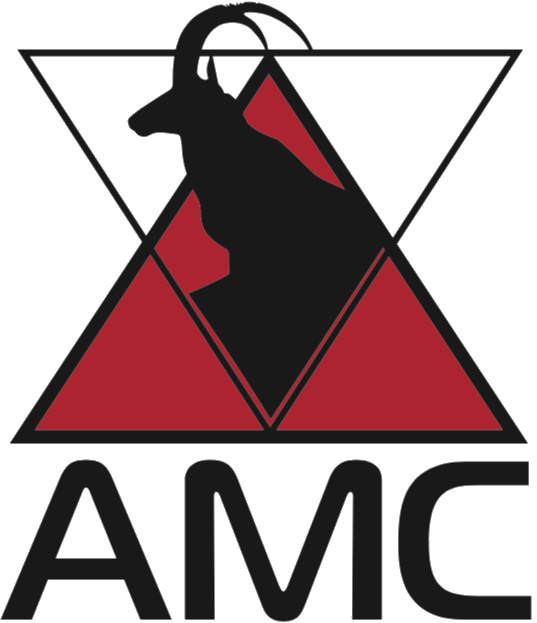

- What are ENH’s current priority projects and how do you envisage they’ll benefit Mozambique’s economy?
Our business portfolio ranges from Mozambique Basin to Rovuma Basin, with projects in all the industry value chain, including exploration, development, production and distribution. Of those, the current priorities are:
In the Rovuma Basin, we have: The Coral South FLNG and the Mozambique LNG.
The development of Coral South FLNG is well advanced in offshore Area 4 and it is expected to produce its first cargo next October, while the Mozambique LNG project, which is part of Area 1, construction had started onshore in Palma, however suspended in March 2021, due to security issues.
Therefore, Coral South is likely to become the first Mozambique´s LNG project, positioning the country in the list of LNG producers. When Mozambique LNG project starts production, Mozambique´s output will increase sharply, making the country one of the world LNG key players.
In the Mozambique Basin, we have: The PPA and the PSA projects.
The PPA is already a matured project, with commercial operations starting in 2004 and currently producing 197 million gigajoules of natural gas annually, which is used for exportation and to supply local industrial, commercial and residential consumers.
Last March, we launched the foundation stone for the PSA project, which is aimed to produce 4.000 barrels of light oil and 23 million gigajoules of natural gas. The natural gas will be used for power generation and to produce LPG to meet domestic needs. The PSA is scheduled to start production in 2024.
- Can you share with us ENH’s successful CSR activities?
Our investment in social initiatives range from providing access to natural gas, contributing to improve the sectors of education, health, natural conservation, water and sanitation, as well as culture and sports. There are three main particular interventions I would like emphasise:
Natural gas distribution to low-income consumers
Since 2013, we subsidise natural gas installations for low-income consumers in northern Inhambane, where local people used to rely mostly on wood and charcoal for cooking. We expanded natural installations in the three districts covered by the project and now the number of consumers increased by nearly 10 times the 2013 levels.
Education and natural conservation
In the last few years, we engaged in a program called Clube da Rapariga, alongside other partners, with the aim of keeping girls at school and prevent early marriage among them, while promoting natural conservation. The program provides free education and other important life skills to every girl living within the Gorongosa National Park, so they are able to cater for themselves in future. According to 2020 statistics, the Clube de Rapariga has resulted in improved academic skills and school retention for 1,300 girls in three districts.
Health and water supply
ENH and its affiliated companies are also engaged in improving health and water supply sectors, contributing in building infrastructure and in providing equipment, mainly in Maputo, Cabo Delgado, and Inhambane provinces. For instance, last March, we inaugurated a water supply system built from the scratch in Inhassoro town, which is now benefiting over 14.600 people, accounting for over 70% of the total population.
- ENH has been co- organizing the MMEC event since 2008, for the 2022 edition what will you be showcasing?
We are pleased to partner with AMETrade in this successful conference, for almost a decade now. During this period, we were able to bring thousands of global stakeholders and industry leaders to discuss the developments and prospects of our industry.
For the 2022 edition, we want to showcase investment and business opportunities available in our country for both national and foreign investors and suppliers. So, we will once again invite everyone to come to Mozambique and work with us in mutually beneficial partnerships.
Maputo, Maio de 2022




